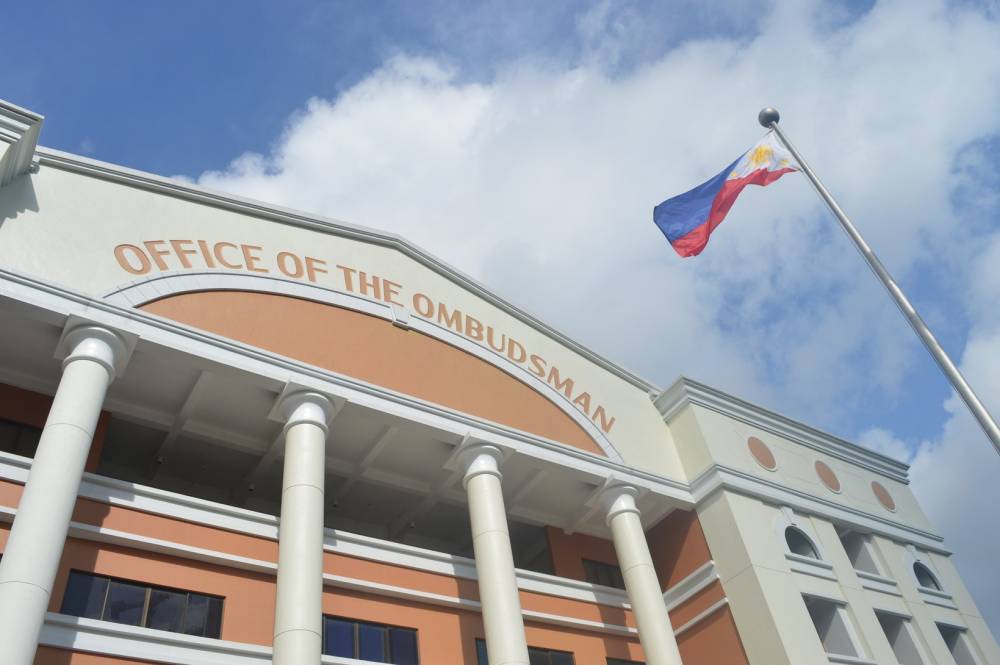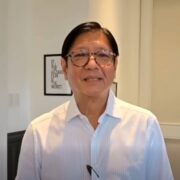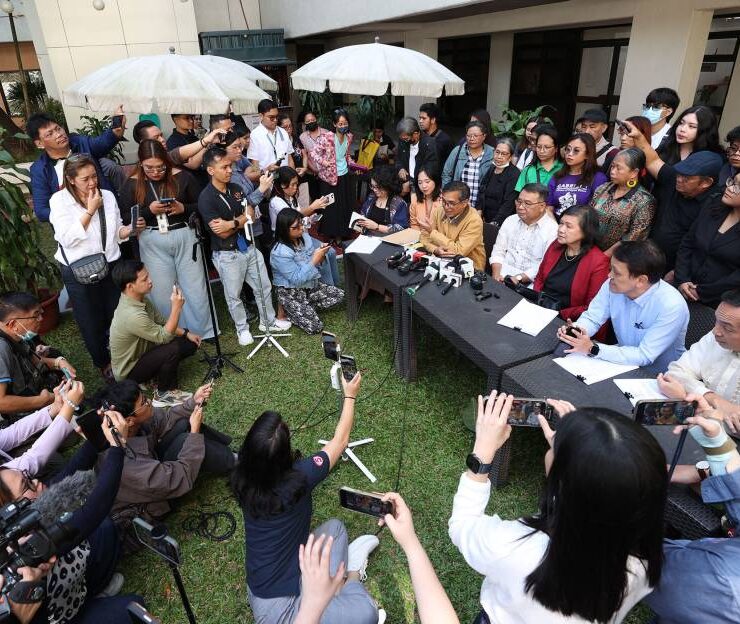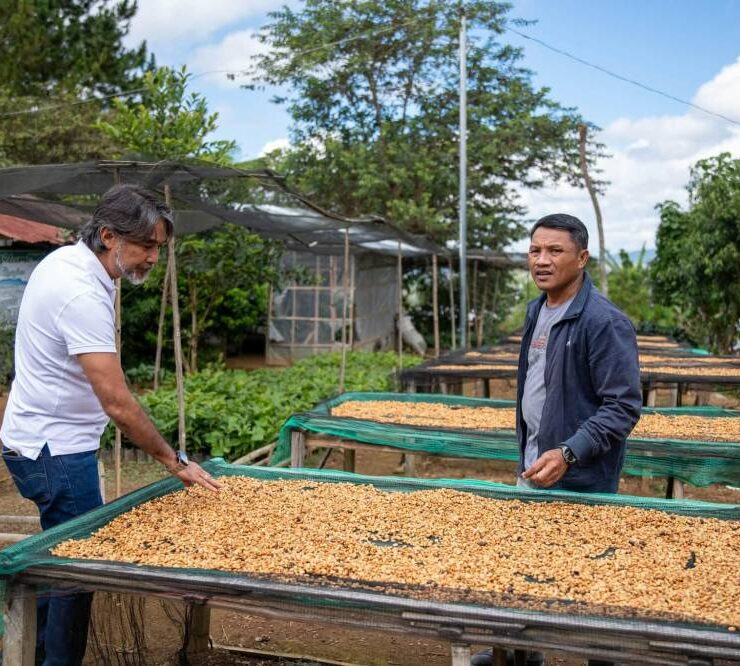Bring back agency watchdogs, Ombudsman candidates propose

While all eyes are focused on government investigations into irregularities in flood control projects, candidates vying for the Ombudsman post have proposed preventive measures that go beyond “lifestyle checks” to deter acts of corruption by public officials.
For Sandiganbayan Associate Justice Michael Musngi, former PDP Laban secretary general Melvin Matibag, and Anna Liza Logan, deputy executive secretary for legal affairs of the Office of the President, reviving the Resident Ombudsman program in government agencies is one way to dissuade illegal acts among those in public office.
Meanwhile, retired Supreme Court Associate Justice Mario Lopez wants a review of antigraft laws and the implementation of “therapeutic jurisprudence” that would focus more on rehabilitation than on criminalization.
Third batch
Musngi, Matibag, Lopez and Logan were the third batch of Ombudsman applicants to undergo a panel interview by the Judicial and Bar Council (JBC) at the Supreme Court on Monday.
They were quizzed on various issues that have hounded the Office of the Ombudsman, from the disclosure of the SALN (statement of assets, liabilities and net worth) of public officials to the need for lifestyle checks, audits and investigation of flood control projects.
According to Musngi, the conduct of lifestyle checks is a powerful tool to uncover incidents where actual corruption has transpired.
However, the better course of action is to prevent corruption before it happens, he said. A lifestyle check “occurs after the fact, when you should be at the forefront of preventing corruption already,” he told the JBC.
In a separate interview with reporters, Musngi said a more proactive step he plans to take is reviving the Resident Ombudsman program in key government agencies perceived to be prone to corruption.
“I think it’s important to have proactive watchdogs—not just when there’s already an anomaly and money has been lost, but watchdogs that prevent the misuse of funds in the first place,” he said.
Musngi pointed out that “it’s not illegal to be rich in the Philippines.”
“What’s prohibited is amassing wealth through your position, or abusing your influence for personal gain,” he added.
Form of deterrence
The program was first implemented in 2001 with the resident ombudsmen tasked to report anomalies, irregular acts, unethical conduct, or illegal activities committed by officials and employees of the office, and to aid the Ombudsman in gathering evidence in cases under investigation by the office.
In 2021, under the term of Samuel Martires, the Office of the Ombudsman inked a memorandum of agreement with the Commission on Audit (COA) and the Department of Justice to designate state prosecutors and auditors as resident ombudsmen in selected government agencies seen as graft-ridden. This program ended in 2022, ostensibly for lack of manpower to deputize enough Ombudsman officers in target agencies.
Matibag said he wanted to push for “decentralization” by way of reviving such Ombudsman officers in every agency as a form of “deterrence… so that corruption will not happen.”
Logan said she would look for the best practices in the previous implementation of the Resident Ombudsman program and improve on them.
“The Resident Ombudsman will act somewhat like a Resident COA. There are Resident COAs in all government agencies, so I think we should also have a Resident Ombudsman, not in all government agencies, but only in those that we can identify as having more risk,” she explained.
‘Therapeutic jurisprudence’
Lopez’s suggested action is different: He wants to codify all antigraft and corruption laws and veer jurisprudence away from automatic criminalization.
While acknowledging that corruption is endemic in the Philippines, Lopez said imposing a penalty should only be the second choice.
“The direction is more on criminalization. For me, it is wrong. We would be better off [taking the] path of prevention rather than criminalization,” the former Supreme Court justice said.
“In fact, I am advocating [for] what is called therapeutic jurisprudence … We will see to it that in the imposition of penalty, we will rehabilitate the people,” he added. In this way, “we will not only rehabilitate the people, but also the country by restoring the trust of the people.”
The final batch of Ombudsman applicants, which includes Justice Secretary Jesus Crispin Remulla, will be interviewed by the JBC on Tuesday.





















